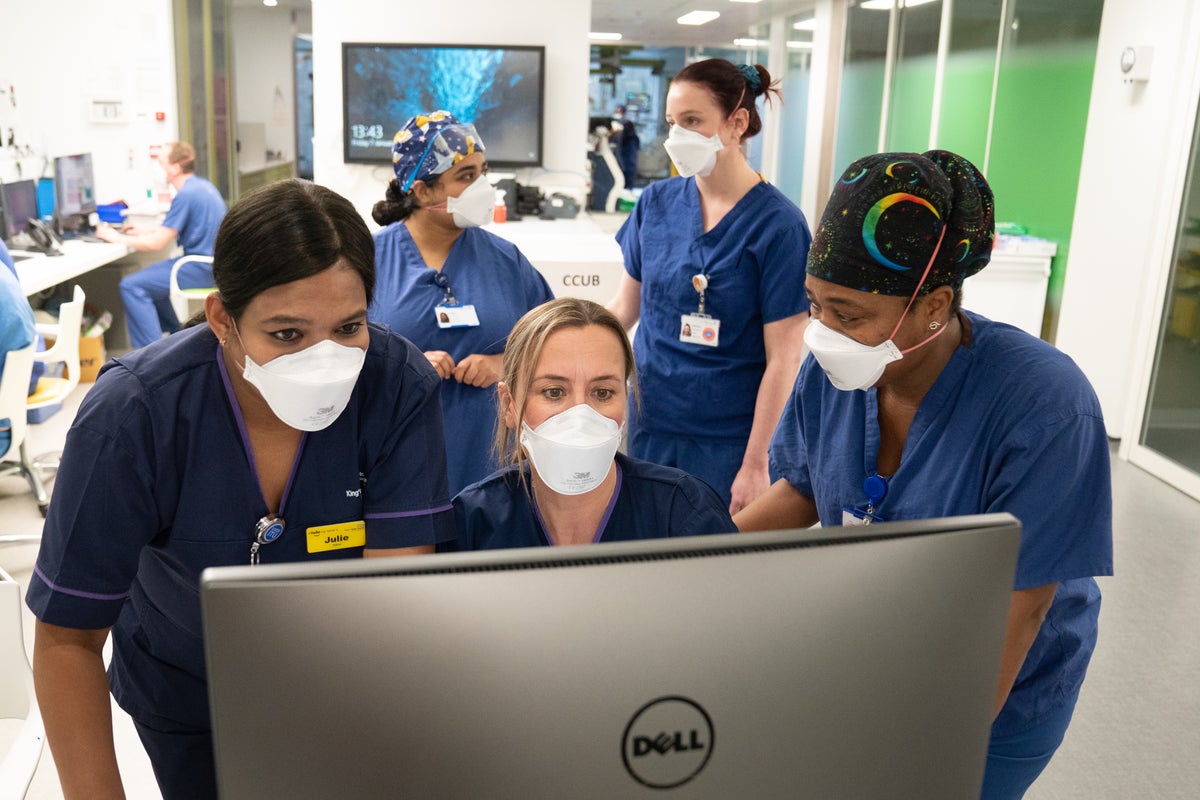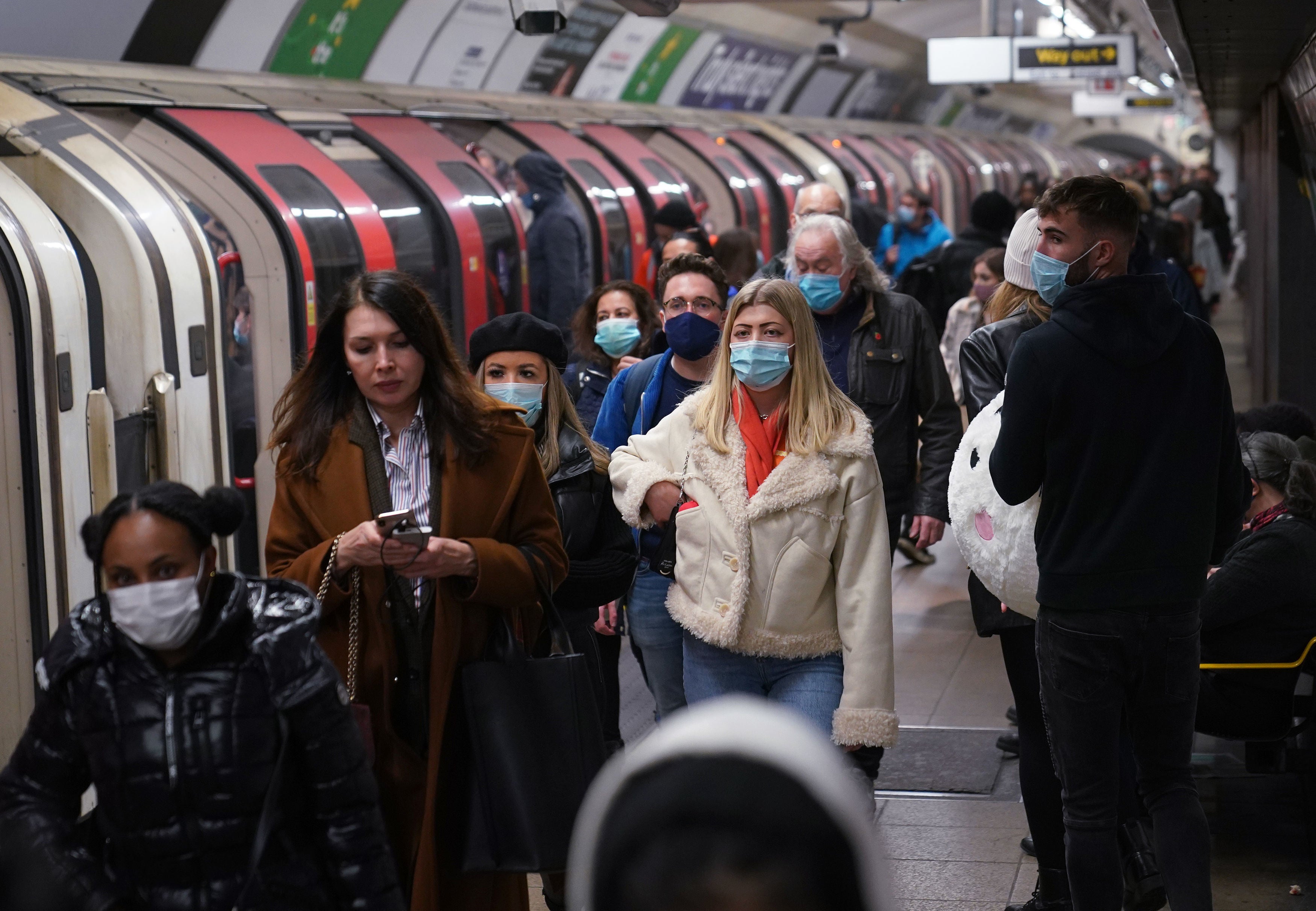
Covid-19 cases are at a high level once again as experts warn the country has entered its “fifth wave” of the infections following the emergence of new Omicron subvariants BA.4 and BA.5.
While the infection rate remains a concern, hospitalisations do now appear to be falling from their peak of 14,044 on 18 July, providing grounds for cautious optimism.
But despite the recent alarming resurgence of cases, the UK government has not imposed any new restrictions nor reinstated free lateral flow tests or mandatory face masks in public spaces.
The last remaining restrictions were repealed by prime minister Boris Johnson in late February after the initial Omicron wave subsided, meaning all self-isolation guidelines and advice was removed, directing the responsibilty away from the state and onto individuals.
So with no legal requirement to isolate if you have Covid, many are left confused about what to do when they see the faint red line on a lateral flow test.
Here’s all you need to know if you test positive for Covid.
What to do
If a lateral flow test does reveal that you have contracted the virus, you risk passing it on to others for up to 10 days from when your infection starts, according to the NHS.
Legally, you do not have to stay at home or avoid contact with people if you test positive for Covid, a state of play in line with the government’s revised Living with Covid strategy.

However, the government advises the public to follow NHS guidance, which is a list of recommendations but not a set of compulsory rules.
What does the NHS say?
- Stay at home and avoid contact with others for five days
- Work from home if you can
- Avoid meeting people who are at a higher risk from Covid-19 for 10 days, particularly those who are immunocompromised – even if they have had the vaccine
- Inform people who come to your home that you have tested positive and take precaution such as wearing a face mask and regularly washing their hands
- Ask friends, family or neighbours to get food and other essentials for you
Children and those under 18 who test positive should avoid contact with other people for three days from the day after they did the test.
How to protect people in your home from catching the virus
The NHS gives advice on how to reduce the risk of spreading the virus to people in your household.
- Try to stay away from other people you live with
- Spend as little time as possible in spaces you share with other people (such as living rooms and kitchens)
- Wear a face covering that fits snugly against your face and has more than one layer if you need to use shared spaces, especially if you live with someone whose immune system means they’re at higher risk of serious illness from Covid, even if they have had a vaccine
- Keep windows open for at least 10 minutes after you have left the room to let in fresh air
- Cover your mouth and nose when you cough or sneeze
- Wash your hands with soap and water and use hand sanitiser regularly through the day
- Regularly clean surfaces you touch often (such as door handles and remote controls) and in shared spaces, such as kitchens or bathrooms
- Let people who need to come into your home know you have tested positive or have symptoms – they can then take steps to protect themselves, such as wearing a face covering that fits well, staying away from you as much as they can, and washing their hands regularly







